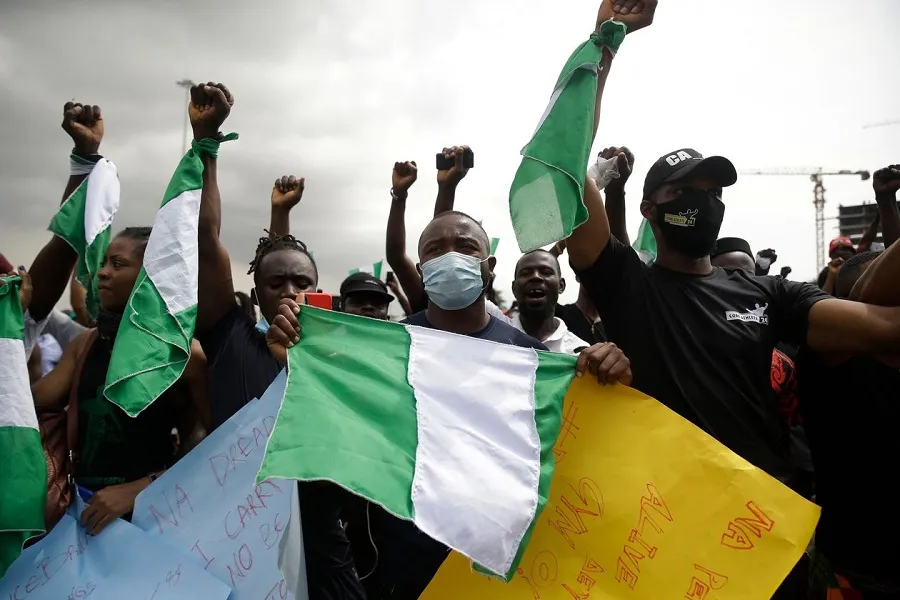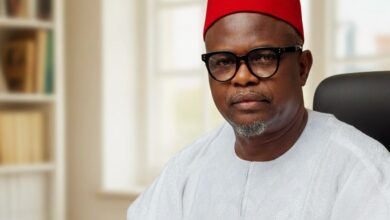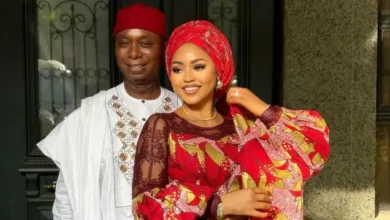Nigerian Youths Arise And Take Your Place

Tricia Iwuoha
The 2019 elections witnessed 33% voter turnout, but the results would have been different if the youths turnout had been higher. The UN’s World Population Prospects interpolation estimate shows the Nigerian population will have about 214 million people this year. Citizens aged between 18-29 years are estimated to be around 42.7 million, while those aged between 30-39 years will have a population of 22.3 million.
The youths have always been involved in politics and leadership. One of the trending discussions gaining broad interest is when Nigerian youths will have their fair chance on the political field of play.
It is essential that youths are engaged in formal political processes and have a say in formulating today’s and tomorrow’s politics. Inclusive political participation is not only a fundamental political and democratic right but also is crucial to building stable and peaceful societies and developing policies that respond to the specific needs of younger generations.
In Nigeria, the leadership monopoly practiced by gerontocrats has continued to sideline the youths in the political and economic space. The leadership is portrayed as the right of the elderly irrespective of societal changes since independence and this has undermined youthful participation and representation in modern-day politics, not to mention financial hindrance, a major setback to contesting elections. Due to money politics practiced by most politicians, the cost of election has become very exorbitant. The effect of this on the youths is not having the financial power to run for an election making their chances to hold political offices a mirage.
The aphorism that says “The Youths are the leaders of tomorrow” has become mere words in Nigerian politics because of the contradictory leadership we are faced with. With this notion, many youths have resolved that their voices are not going to be heard or not taken seriously.
For the youth to be adequately represented in political institutions, decision making, and more particularly in elections, they must know their rights and the necessary knowledge and capacity to participate in a meaningful way at all levels.
This appalling situation is a wake up call from oblivion for the youths to harness their population and numerical strength maximally to demand change and inclusion of young innovative minds in the nation’s political system.
They should identify with persons who understand the usefulness of the available skill sets of the youths that can support entrepreneurship and innovation to drive future growth.
The youths should challenge the next government with issues important for everyone in the country, such as the need for inclusion and equality where everyone benefits from economic growth, the need to discuss narrowing the gap between the richest and poorest and why there should be a plan for how regional disparities will be reduced and create opportunities for all.
The youths should focus on supporting the person who has the clear idea of getting this country out of this ugly mess. The youth should take advantage of their population and present themselves as a force to reckon with in the upcoming 2023 election by political activism, thereby raising candidates with people-driven representation and uncompromising prospects for good governance.
The Independent National Electoral Commission (INEC) on the other hand has to do whatever it takes to make sure youths have an inclusive voice in the electoral process and continue to broaden the frontiers of the electoral process using technology to make sure no segment of our population is left behind in terms of political participation.
On this note, it is pertinent for the youths to know that the only way they can change the narrative is to take the responsibility of their destiny into their hands. If the total number of registered voters in Nigeria has its young people amounting to over 62 to 65 percent of the population, such population and numerical strength must be utilised maximally in order to effect change, because the ball is in their court.




